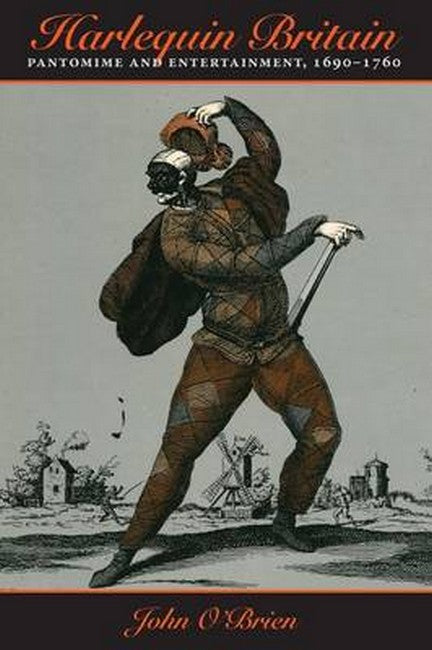In the fall of 1723, two London theaters staged, almost simultaneously, pantomime performances of the Faust story. Unlike traditional five-act plays, pantomimea bawdy hybrid of dance, music, spectacle, and commedia dell'arte featuring the familiar figure of the harlequin at its centerwas a theatrical experience of unprecedented accessibility. The immediate popularity of this new genre drew theater apprentices to the cities to learn the new style, and pantomime became the subject of lively debate within British society. Alexander Pope and Henry Fielding bitterly opposed the intrusion into legitimate literary culture of what they regarded as fairground amusements that appealed to sensation and passion over reason and judgment.In Harlequin Britain, literary scholar John O'Brien examines this new form of entertainment and the effect it had on British culture. Why did pantomime become so popular so quickly? Why was it perceived as culturally threatening and socially destabilizing? O'Brien finds that pantomime's socially subversive commentary cut through the dampened spirit of debate created by Robert Walpole's one-party rule. At the same time, pantomime appealed to the abstracted taste of the mass audience. Its extraordinary popularity underscores the continuing centrality of live performance in a culture that is most typically seen as having shifted its attention to the written textin particular, to the novel.Written in a lively style rich with anecdotes, Harlequin Britain establishes the emergence of eighteenth-century English pantomime, with its promiscuous blending of genres and subjects, as a key moment in the development of modern entertainment culture.

